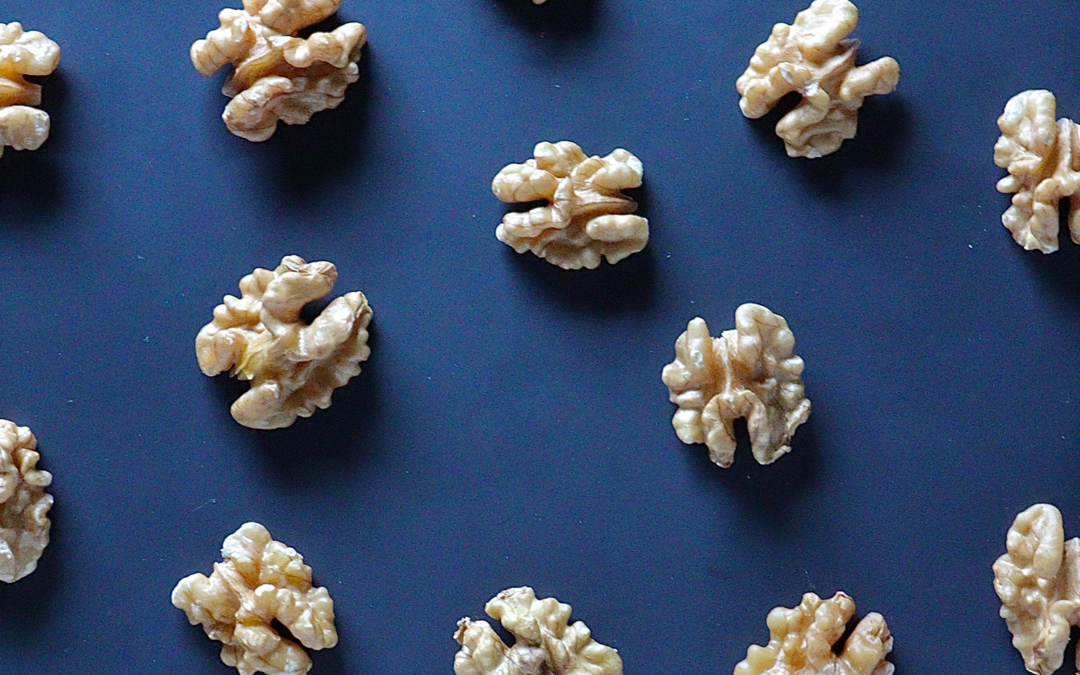May 24, 2016 | Community News, EOY2016, News, Research News, Zeisel News
May 23, 2016 • The UNC Nutrition Research Institute (NRI) holds its first short course in Nutrigenetics, Nutrigenomics and Precision Nutrition, May 23 – 26. This workshop-style educational course features 16 expert-led presentations on an array of topics including “Nutrition and Epigenetics” and “MicroRNA and Metabolic Profiling.” State-of-the-art practice is an important component of the short course. In hands-on sessions participants will learn to analyze and interpret genetic data using PLINK, Harvard’s open-source, whole-genome association analysis software toolset.
May 19, 2016 | Community News, EOY2016, News, Research News
May 19, 2016 • Understanding the complex interplay of heredity, diet and microbes may one day lead to diets that prevent and treat cardiovascular disease.
According to a new scientific statement published Tuesday by the American Heart Association, cracking the connection between genes and diet could lead to future heart disease treatments.

March 28, 2016 | Community News, EOY2016, Hursting News, News, Research News
March 28, 2016 • Researchers striving to break the link between obesity and cancer have found in a new preclinical study that significant weight loss through calorie restriction, but not moderate weight loss through a low-fat diet, was linked to reduced breast cancer growth. The preliminary findings (abstract #4321) will be presented from 1-5 p.m. April 19 at the 2016 American Association for Cancer Research Annual Meeting in New Orleans.

March 28, 2016 | Community News, EOY2016, Hursting News, May News, News, Research News
March 28, 2016 • Promising work is underway in the laboratory of Dr. Stephen Hursting at the NRI to identify dietary interventions that can reduce the risk of cancer. Omega-3 fatty acids are well known anti-inflammatory dietary supplements. Because inflammation is associated with cancer, Hursting is investigating whether these supplements can reduce risk of developing cancer.
March 7, 2016 | Community News, EOY2016, News, Research News
March 7, 2016 • The Interagency Committee on Human Nutrition Research (ICHNR) released the first Nutrition Research Roadmap designed to guide federal nutrition research. The 2016-2021 National Nutrition Research Roadmap encourages an increased focus on research that can lead to more individualized advice for promoting health and preventing disease.
February 18, 2016 | Community News, EOY2016, News, Research News
February 18, 2016 • The greedy metabolism of cancer cells to target kidney cell carcinomas, which kill more than 100,000 Americans each year, has been exploited by researchers. The team showed that the majority of renal cell cancers rewire their metabolism in a way that leaves them addicted to the nutrient cystine. By depriving the cancer cells of cystine, the researchers were able to trigger a form of cell death called necrosis in tumor cells.


